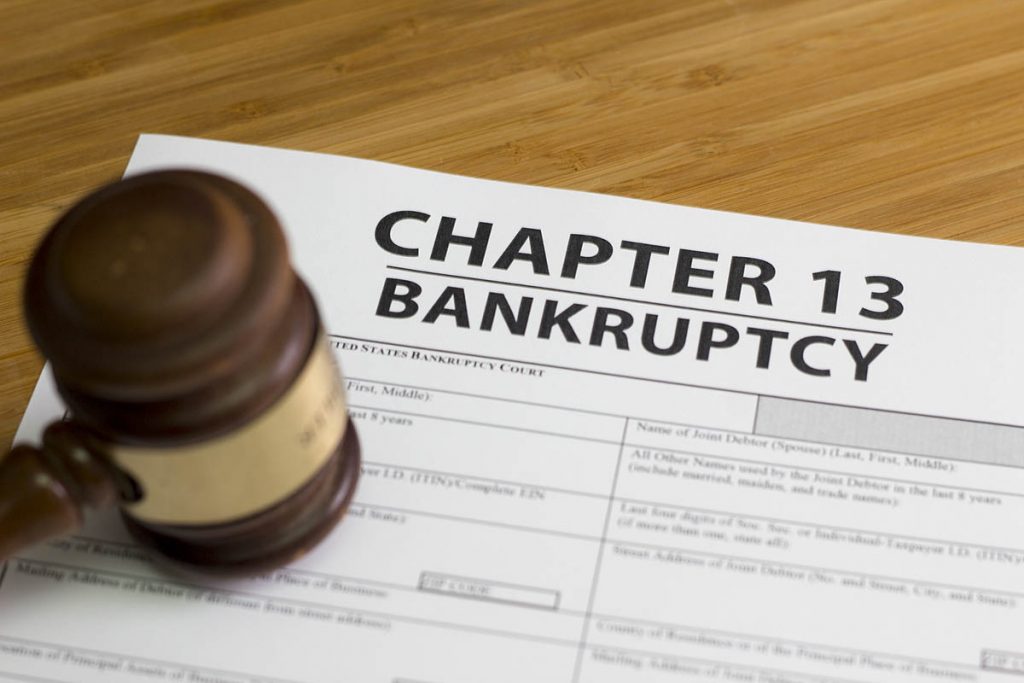On What Grounds Can I Legally Dispute a Debt Claim?
You can dispute a debt claim made by a creditor or a collection agency by asserting that you do not owe the amount based on an error or discrepancy in the claim. Bankruptcy attorneys in Loveland highlight the following grounds for disputing a claim:
- Unauthorized charges
- An already paid debt but which the creditor hasn’t updated on their end
- Billing errors where an invoice reflects an erroneous amount due to miscalculation
- Charges for goods or services not received
- Contractual disputes, for example, due to extra fees and penalties not stipulated in the original agreement
- You’re unaware that you owe such a debt.
Whatever the reason for disputing a debt claim, resolving incorrect claims is crucial to maintaining financial credibility. That’s because your debt repayment and collection history can affect your overall credit score, influencing your ability to access credit facilities and repay on time.
What is the Legal Process of Disputing a Debt Claim?
When disputing a debt claim, ensure you adhere to the legal framework, which calls for more than a verbal claim. Debt defense lawyers in Loveland can provide legal guidance and represent you through the process to protect your rights. If you think that a creditor is asking for an amount higher than what you owe, do the following:
- Ask the creditor for a breakdown of all the additional charges, which could show why your balance is different
- Recheck the terms and conditions of your agreement to validate the accuracy of the debt claimed
- Make a complaint if the creditor refuses to change the balance and you disagree with their reasons
You can make an official complaint by sending a collection dispute letter to the creditor or collector. Your Loveland debt defense attorneys can help you draft the letter to ensure it addresses the issue effectively.
What Are the Elements of a Debt Dispute Letter?
The law stipulates that you have a 30-day window period to dispute a debt claim and send a dispute letter. An effective debt dispute letter must be precise, capturing all the relevant information about the debt.
You should demand that the collection agency or creditor prove you owe the alleged amount by providing the necessary documents and detailed information. Your debt dispute letter should capture the following:
- Your personal identifying and contact information
- The name of the creditor for the debt
- Verification of the amount of debt you owe
- A request for supporting documents that validate or support the debt claim
- A request for the debt not to be forwarded to credit reporting agencies until the issue is resolved
You should send a second dispute letter to the credit reporting agencies capturing the same information to inform them that the debt is in dispute.
Use a Debt Dispute Form
Loveland debt defense attorneys say that alternatively, you could obtain a debt dispute form from the debt collector, as provided by the Consumer Finance Bureau Debt Collection Rule.
The form is part of a validation notice that debt collectors should send you in the collection notice and includes the following information:
- The name and mail address of the debt collector
- The name of the original creditor
- The account number bearing the debt, if any
- The current amount of the debt at the time the validation notice is sent
- Information on how you can dispute the debt claim
Not disputing the debt within 30 days will make the debt collector consider it valid.
Can A Debt Collector Still Collect a Debt After I Dispute It?
The Fair Debt Collection Practices Act (FDCPA) protects debtors from unfair, abusive, or deceptive practices by debt collectors. The law protects debtors in the personal, family, or household categories. It provides guidelines for creditor and debt collector behavior during debt collection.
Once you dispute a debt in writing, the FDCPA prohibits debt collectors from pursuing further action against you until they verify the debt. That means they can’t call you, send more letters, or sue you regarding the debt until they address your concerns in the dispute letter. If debt collectors still harass you after sending them a dispute letter, contact skilled debt defense attorneys to protect your rights.
What Should I Keep in Mind While Dealing with Debt Collectors?
When dealing with debt collectors at whatever phase of the debt cycle, it’s crucial to approach the matter professionally and cautiously. Debt defense lawyers in Loveland advise that you:
- Carefully review the accuracy of the dent before filing a dispute
- Maintain professionalism in communication, avoiding emotional responses or aggressive language
- Understand your rights as provided for in the FDCPA
- Maintain proper records of all communication
- Negotiate the repayment terms if need be, depending on your financial capabilities and realistic payment plans
- Don’t ignore the debt collector’s letters or calls
- Don’t try to hide money or assets to avoid paying the debt. Doing so could put you at risk of facing fraud charges if the relevant authorities discover
- Don’t talk over the phone, and if you do, record the conversation for future reference
A Skilled Debt Defense Lawyer Helping You Navigate Debt Claim Disputes
Being in debt can be frustrating. Even worse is when a creditor claims you owe amounts you know nothing about. Fortunately, you can dispute such debt claims within a legal framework that protects your rights to prevent creditors and collectors from collecting debt unfairly. Experienced debt defense attorneys can guide you on the legal steps to take.
The Holland Law Office has knowledgeable bankruptcy lawyers who can evaluate your financial and debt situation and devise a strategy to help you rebuild your finances. If you have a debt you want to dispute, let us help you put the necessary legal resources together to help you. Call us at 970-232-3097 to schedule a FREE strategy session.







